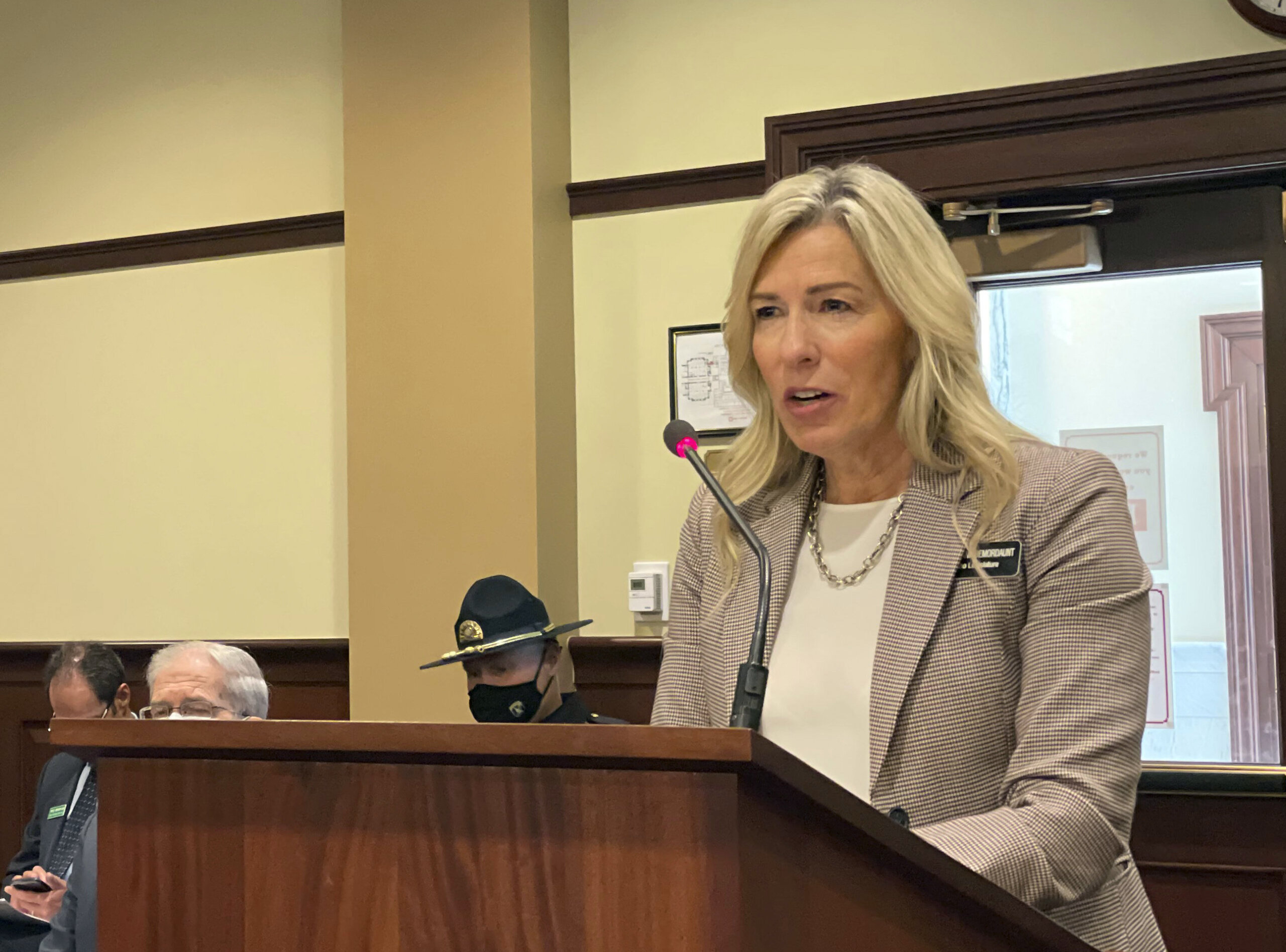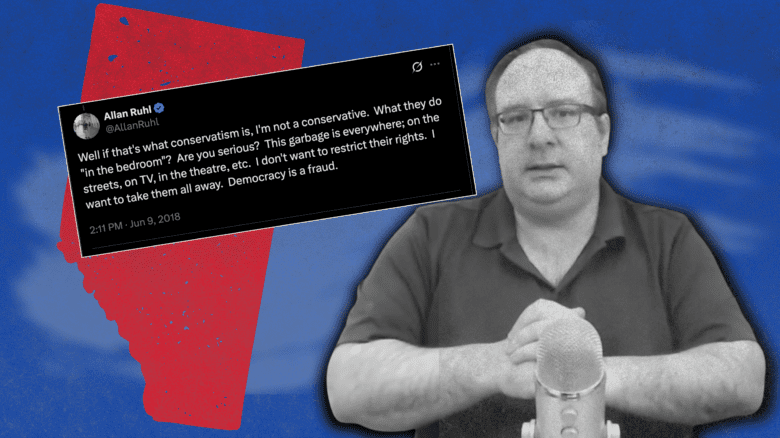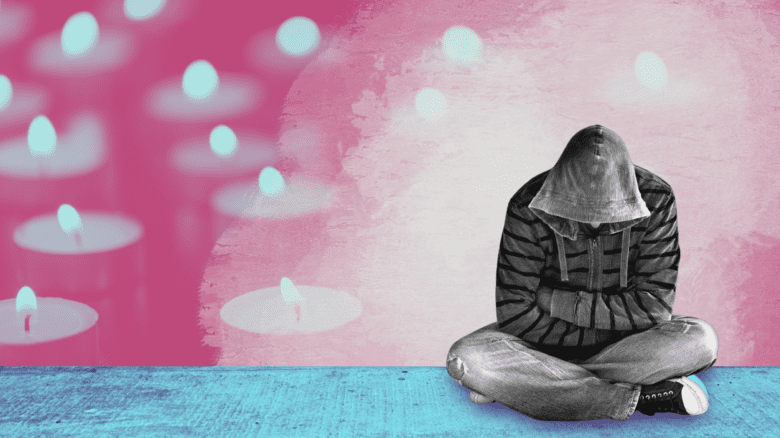Idaho lawmakers are pushing two bills that advocates say represent some of the most extreme legislative attacks on LGBTQ2S+ rights in recent memory. These bills include a trans healthcare ban proposing a potential life sentence for health-care professionals who provide gender-affirming care to minors and legislation jailing librarians for allowing minors to check out LGBTQ2S+ content.
The health-care bill, House Bill 675, would make it a felony for doctors to help trans youth access puberty blockers, hormone replacement therapy or gender confirmation surgeries. The legislation passed the Idaho House on Tuesday after being introduced last month and now heads to the state senate.
“House Bill 675 would make it a felony for doctors to help trans youth access puberty blockers, hormone replacement therapy or gender confirmation surgeries.”
As HB 675 advances, legislators are also pushing a Russian-style “propaganda” law, known as House Bill 666, that could jail employees of institutions like libraries, schools, museums, colleges and universities for allowing minors to check out “objectionable materials.” Under the new bill, librarians who permit youth to access these resources could face up to a year in jail and a $1,000 fine.
HB 666 would not require the books to be physically removed from libraries for criminal penalties to be invoked, as is the case with book bans proposed in other U.S. states. Instead it would penalize the librarians themselves for letting minors access them, according to Boise State Public Radio.
In committee hearings, Democratic lawmakers and local librarians said that the bill is dangerous, calling it a “slippery slope” to outright censorship. Critics pointed out that the majority of the books brought up in hearings by parents and GOP legislators were related to LGBTQ2S+ topics. These included Gender Queer by Maia Kobabe, An ABC of Equality by Chana Ginelle Ewing and Alison Bechdel’s Fun Home.
“We had many people come and testify today on books that had various social topics. Not pornography, not explicit material,” said substitute Rep. Holli Woodings in comments reported by local news outlet Idaho Capital Sun. “It does not correct the problem that it is seeking to correct.”
Despite the fact that these books are not pornographic in nature, GOP legislators expressed strong reactions to the material.
“I would rather my six-year-old grandson start smoking cigarettes tomorrow than get a view of this stuff one time at the public library or anywhere else,” said Rep. Bruce Skaug, who is also the sponsor of the health care ban.
HB 666 passed the house on Monday and now heads to the senate for consideration.
“The majority of the books brought up in hearings by parents and GOP legislators were related to LGBTQ2S+ topics.”
The severity of punishment in the case of both bills stands in contrast to similar bills in other states. HB 675 is, thus far, the only to specify a potential life sentence for those accused of violating it—compared to states like Missouri, where accused providers would lose their license to practice, or Alabama, where violators could face a maximum of 10 years in prison.
In a press release, ACLU of Idaho policy strategist Lauren Bramwell called the health care ban “severe government overreach” and suggested the ACLU was prepared to fight the bill in court. “All young people and their families across the state deserve the right to access medical care and grow up to be happy and healthy adults,” Bramwell said.
Nearly 20 states are considering health care bans this year that would include criminal penalties for parents or professionals who help trans youth access gender-affirming health care, according to the LGBTQ2S+ advocacy group Freedom For All Americans.
Idaho has been at the forefront of the anti-trans legislative crusade over the past several years. At the very outset of the COVID-19 pandemic, Republican Gov. Brad Little signed two bills into law: first state-level anti-trans sports ban to be passed anywhere in the country and a bill banning the changing of gender markers on birth certificates. Both were ultimately blocked by federal courts a few months later.
During the 2020 legislative session, a trans health care ban was also in play, but the bill never made it to the governor’s desk. That legislation also mandated a potential life sentence for anyone convicted.
Last year, Idaho also fast-tracked a “critical race theory” ban intended to restrict classroom conversations around issues of racial justice and U.S. history, amidst outcry from students and teachers. Little signed it into law last April, barely over a week after the bill was introduced.


 Why you can trust Xtra
Why you can trust Xtra


